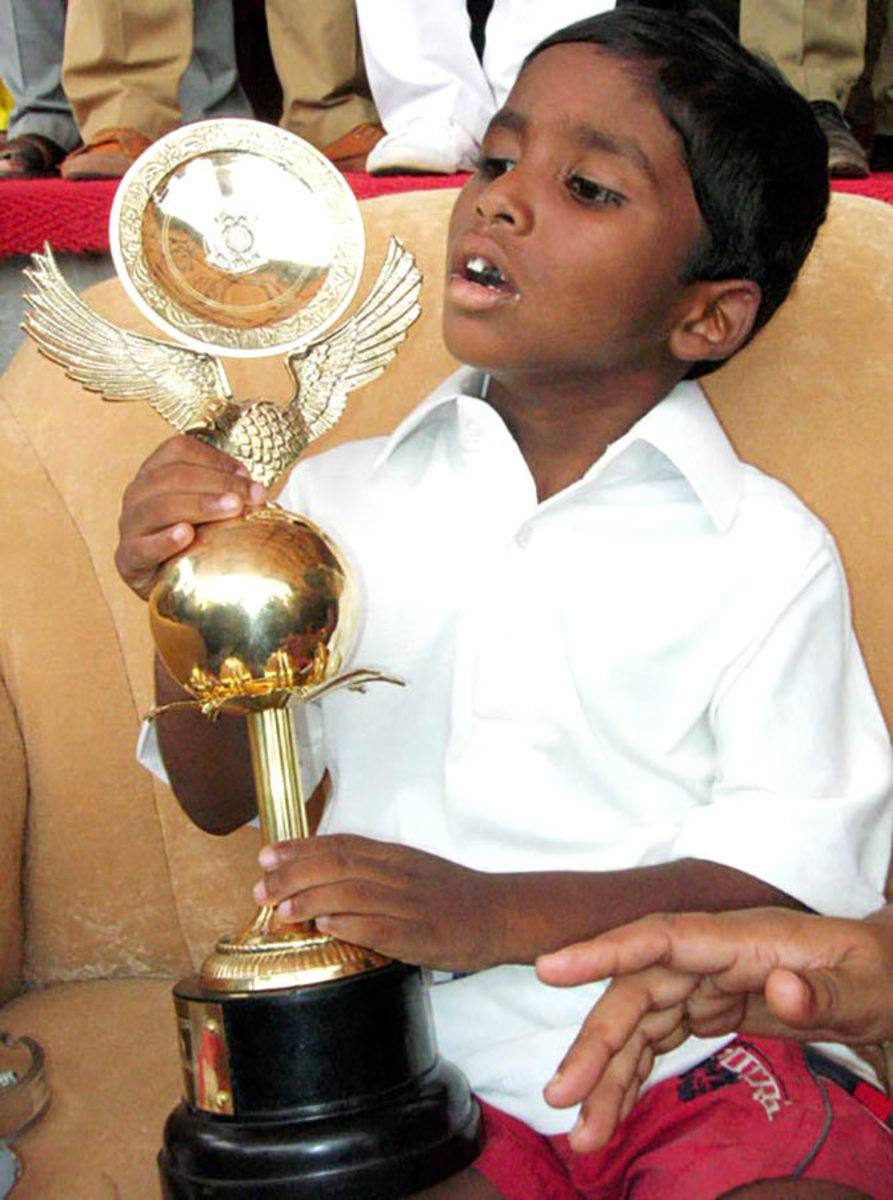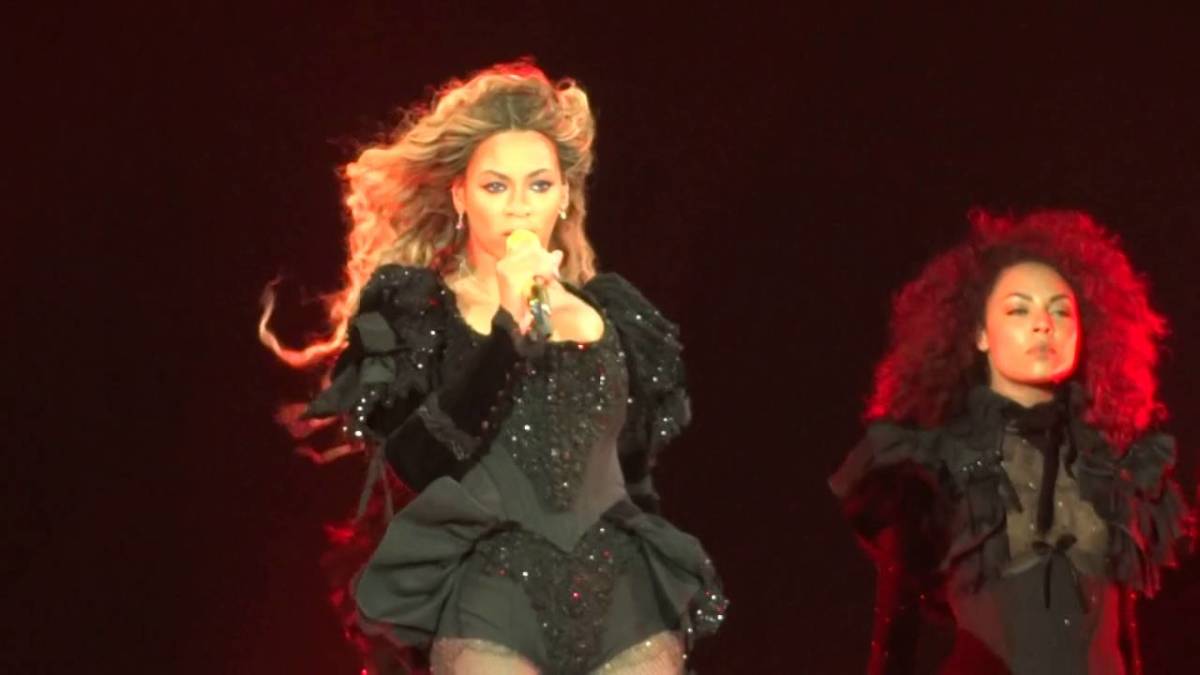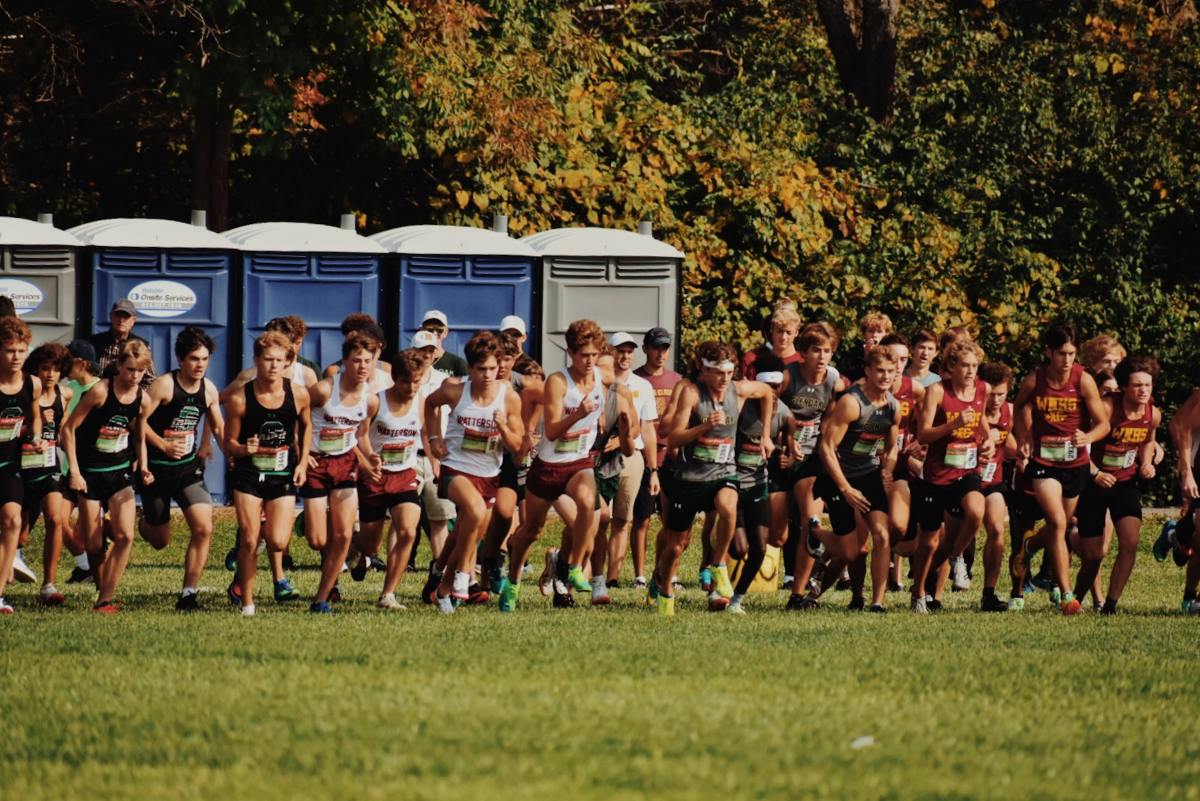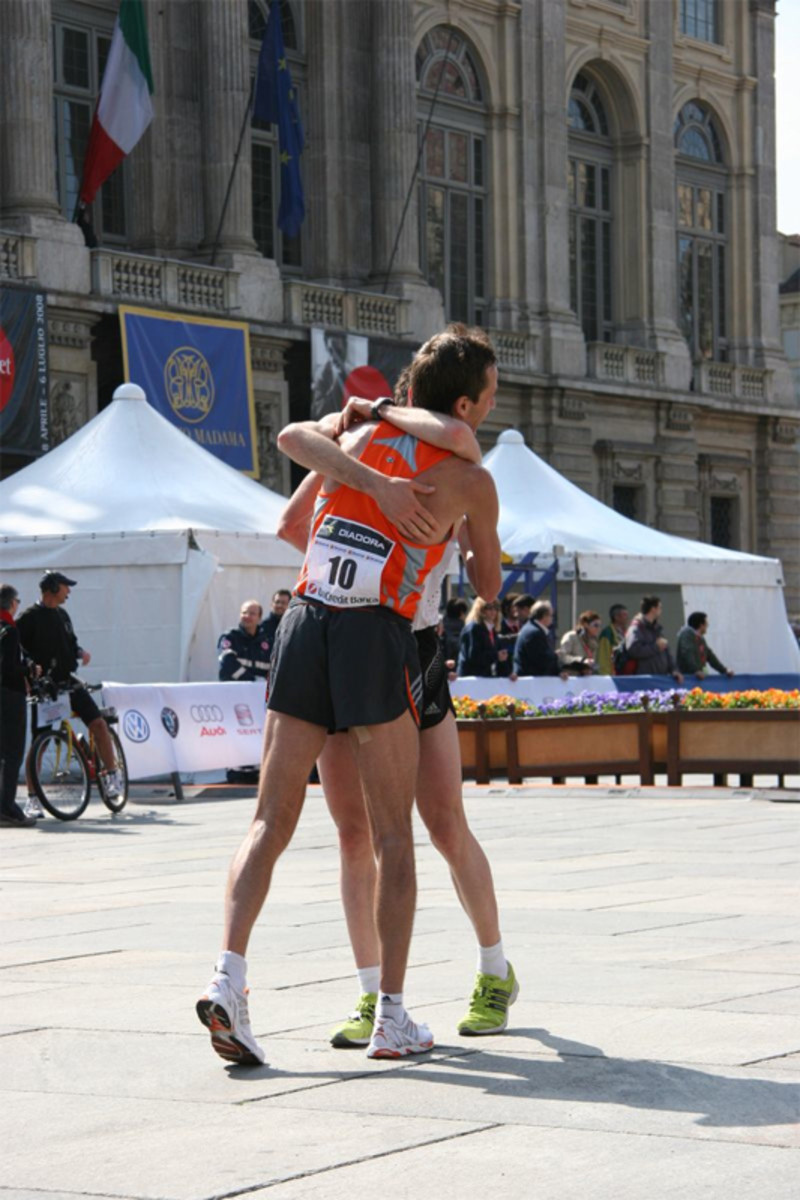How to Train for Your 1st Marathon
Have you run a Marathon?
This is a question that most runners have found themselves being asked at some point. You may be a relative newbie or you may have run hundreds of races. However, there is still an aura around this distance.
For me, the Marathon was something I had always wanted to do. When I was in my late teens I was running a lot but decided I didn't have the time to train for a Marathon. How naive I was to assume I'd have more time later in life! I had had several years where I barely ran at all but that changed in 2016. Having been bought a Fitbit after the birth of my 3rd child, I started walking more and that transitioned into running.
Even when I hadn't been running regularly I had every year entered the ballot for the London Marathon. But with the odds of getting in now being about 1 in 25, I hadn't been successful. With several half marathons under my belt though, it felt like now was the right time to train for the longer distance. Therefore I signed up for the 2020 Manchester Marathon to guarantee a race. Unbelievably I then was successful in the ballot for London as well so suddenly I was going to be training for not one, but two marathons in quick succession.
So how did I prepare and get ready for my first Marathon start line? Let me tell you.
Plan Your Training
A Marathon is not something to be treated lightly. Remember that the origins are of Pheidippides running from Marathon to Athens to deliver news of victory; before dropping dead from exhaustion. Thankfully with the right training and fuelling on race day you can complete the distance without the same issues.
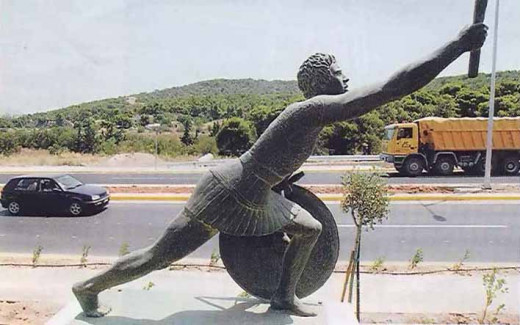
Therefore the first thing you need is a plan. There are a myriad of different plans out there so the first thing you need to work out is, why are you doing the race? If the challenge is completing the distance in whatever time, maybe as a charity space, then obviously your plan will be different from someone aiming for a target. It also depends on what base line you are coming from.
I was a regular runner who wanted to aim for a time. Therefore I knew I was looking for a more detailed plan that would get me from an ok half-marathoner to the start line of my first Marathon. In the end I found one that looked like it would fit in with my life and allow me to hit my targets at Runners World.
I won't lie, the training does take over your life a bit. I was running 5 days a week and doing a strength & conditioning session once a week. Most weekday runs were done in the very early hours. My alarm would go off at 5am, I'd do my training session and still have time for a shower, breakfast and helping get my kids ready for school before heading off to work. Weekends saw longer runs up to 21 miles by the end that would see me out for 3hrs at a time. However, it really does depend on your aims as I have friends who would do one or two runs a week as their aim was just to complete the distance.
Have a Target
With all of the commitment required, you need to have a target to help get you through the training. It is hard work and having that end goal will see you get to the start line more easily. For me there was the obvious goal of competing in my first Marathon and my desire to get a time and this was the driver for me originally signing up for the Manchester Marathon. However, for me there was a second target. A couple of months after I had signed up, a close friend on mine died after contracting Sepsis.
On the day he passed I made a promise to myself that if I was successful in the London Marathon ballot I would run in his memory. When this actually came to pass, I had the secondary target of raising money for the UK Sepsis Trust. Many people raise money for good causes when running a marathon and this really helped as an additional motivator for me while training for these first races. I know it can add to stress if there are minimum amounts to raise, but even if like me you are lucky to get a spot in a ballot, every penny raised will help charities and I'd suggest considering it.
Sort your Kit
Running is a relatively cheap sport to get into. All you really need is some trainers and off you can go. However, when training for your first Marathon, you should invest a little more into your kit. I'm not for one second suggesting you splurge on a pair of Nike Vaporflys to be like Eliud Kipchoge. It is worth though investing in a pair that will hold up and help you get through your training regime. My training regime saw me running almost 500 miles in 16 weeks so I needed a good pair that I was comfy in. Head to a decent running shop and they can help you find the right pair and even maybe do some gait analysis. I've been a long time user of the Brooks Ravenna range so kept to these.
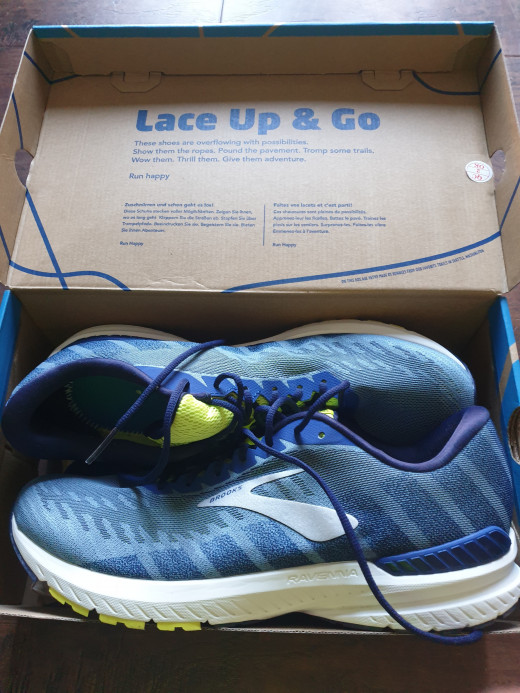
Practise Nutrition and Hydration
Running solidly for several hours will put a lot of strain on your body. Therefore, make sure that as part of your training, you consider your fuelling techniques. There is a mantra in running: "Nothing New on Race Day". Therefore you should make the time to practise what you will drink or eat on the day on training runs. Make the decision, will you carry food with you, or plan out what will be on offer and feed stations.
Generally I would run with a running bladder if I would be out for over 90 minutes. When I then moved into my longest runs, I then started using gels for the first time ever. I would generally take them in line with where feed stations would be on race day.
Keep a Record
I've always been a bit of a record keeper but I do think it is a good idea to keep note of your training. This period will undoubtedly be one of the most committed of your life and it is nice to look back on it. I personally had all my runs logged on an excel spreadsheet, as well as them uploading to Strava. Seeing them written down and the numbers of miles adding up helped with the motivation.
What I also did was kept a journal online. On my personal running blog I kept a record of each training run. I didn't really mind if the only person who read them was me, it felt good to get down how I was feeling each week. That way I knew in the future I would be able to look back and remember what I had done.
I also put the occasional post on facebook but I limited this to every few weeks. Even then this was more just to remind people why I was doing it. I didn't think my friends and family would appreciate the daily blow by blow!
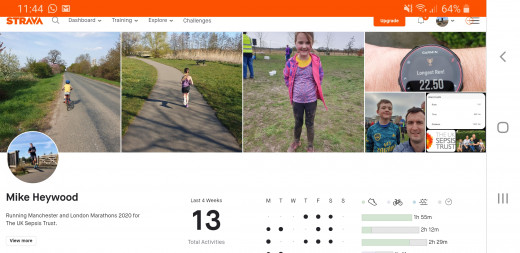
Try to Enjoy It
Overall though, my underlying tip if you are training for your first Marathon is, try to enjoy it. It will be hard and there will be days you really struggle to get going. Some days it will be cold and wet but every mile helps get you to that start line. I have pictured myself running down the Mall in the London Marathon since I was a teen and every hard day I could fall back on that. But there were also some great runs. I found new places close to home I had never been and saw some amazing sunrises and look back on those fondly. My first training regime for a Marathon ended up being for nothing with the races being delayed due to coronavirus. It means I get to do it all again before getting that end goal, but I am looking forward to it again.
What Are Your Top Tips?
Have you run a Marathon? What do you wish you'd have known before you started training? Please do share your tips in the comments.



